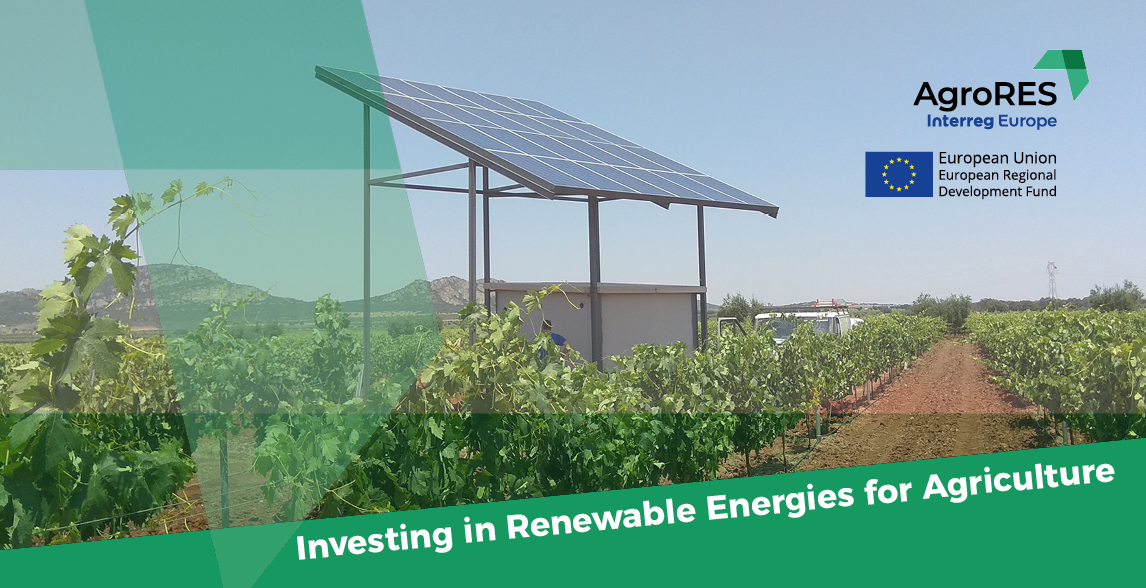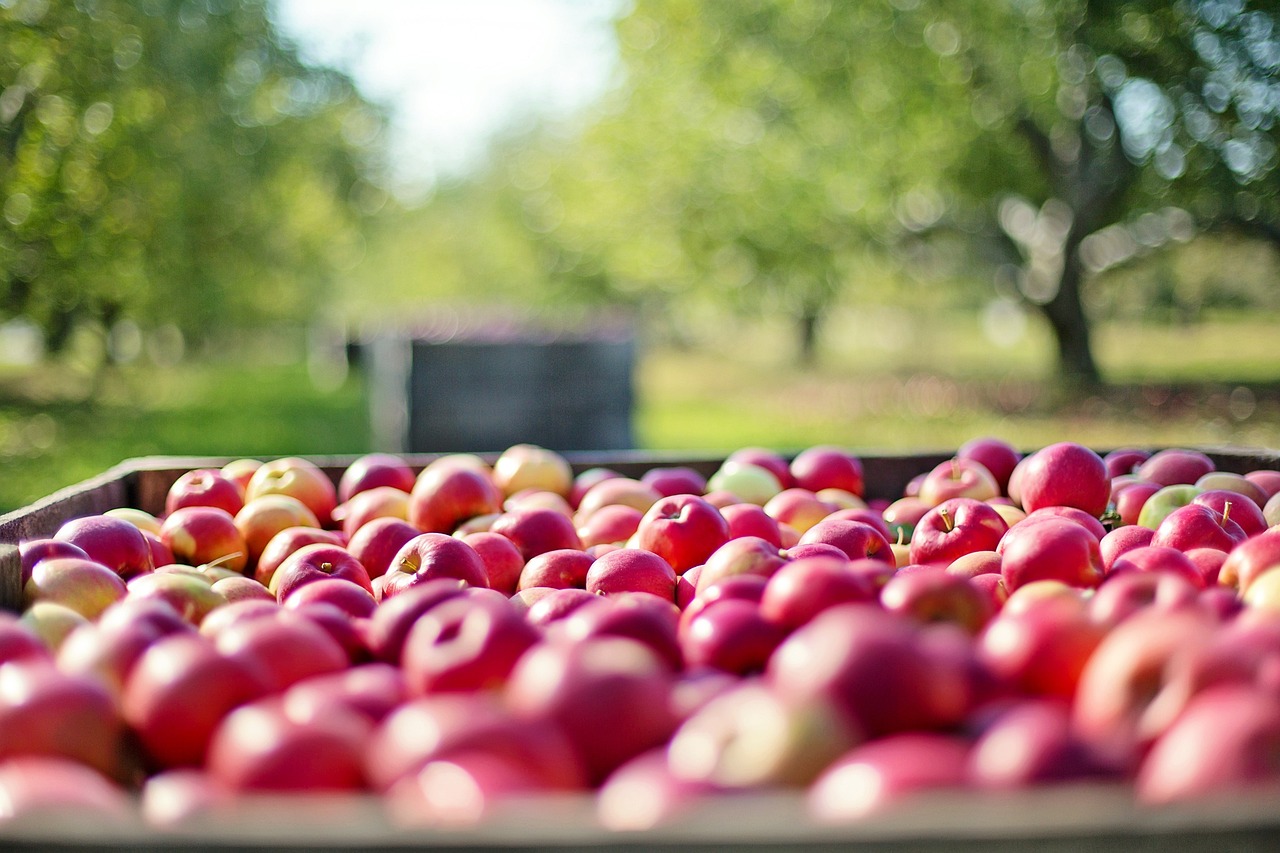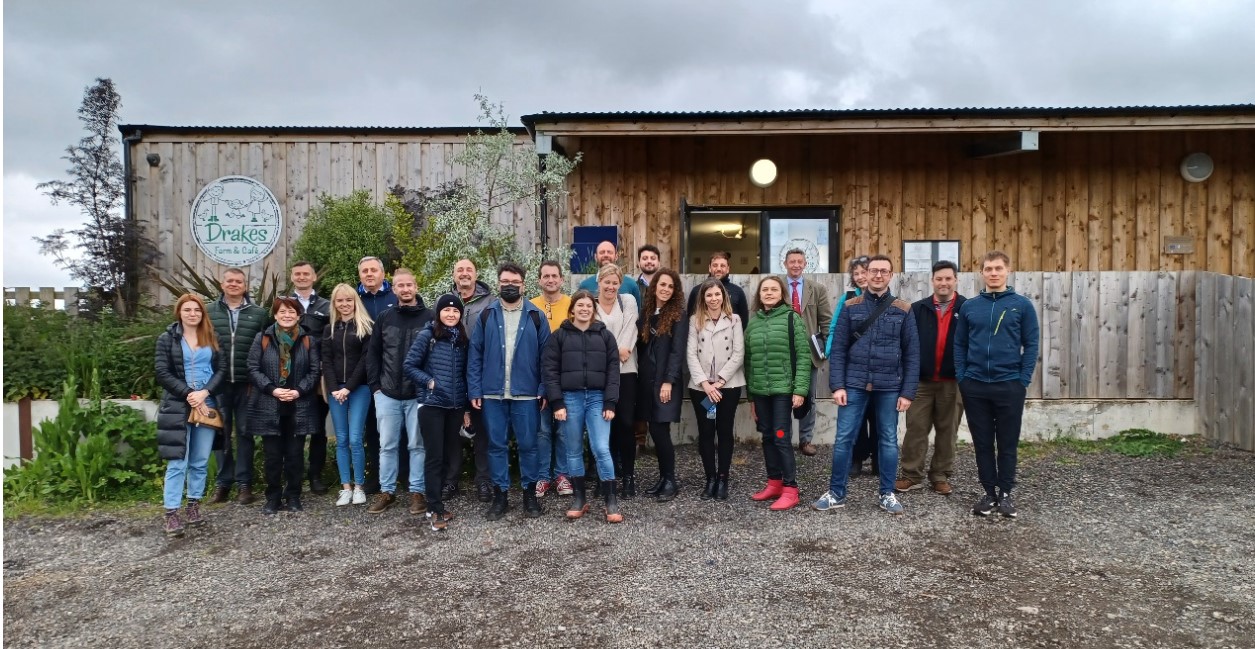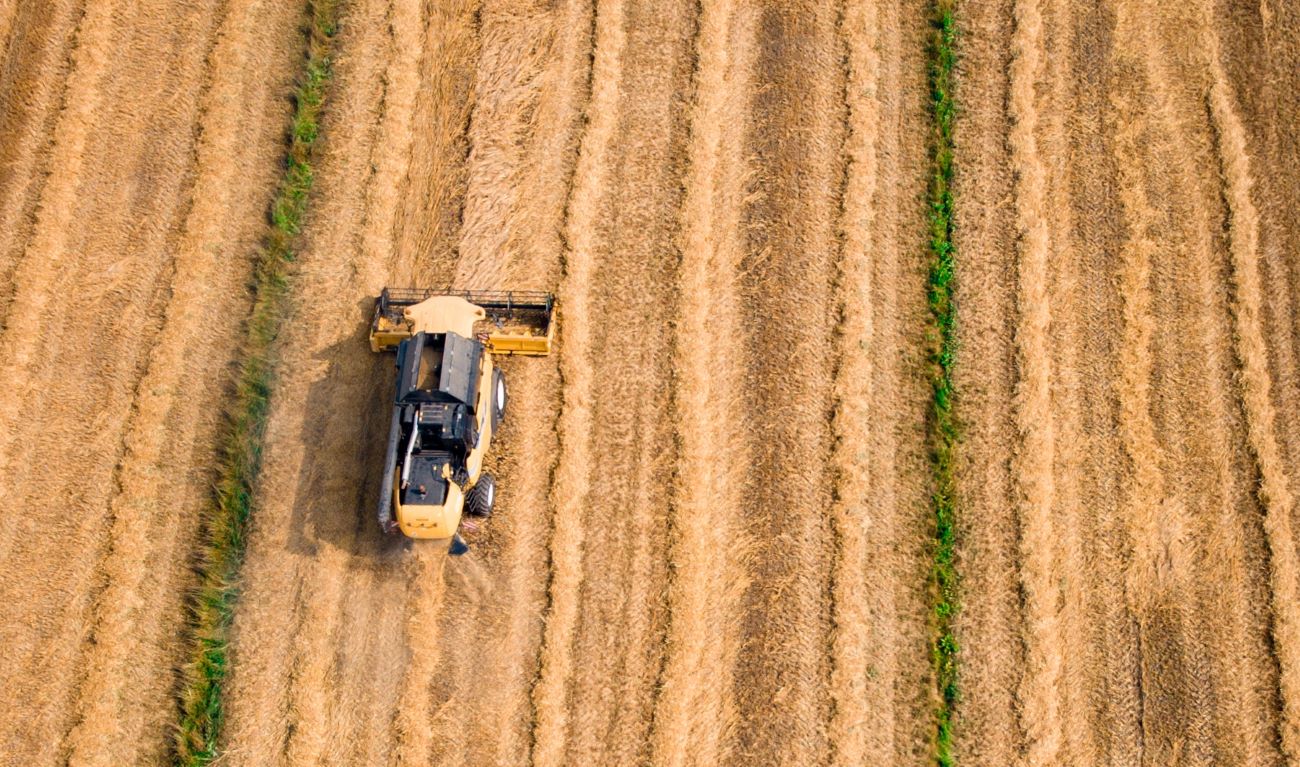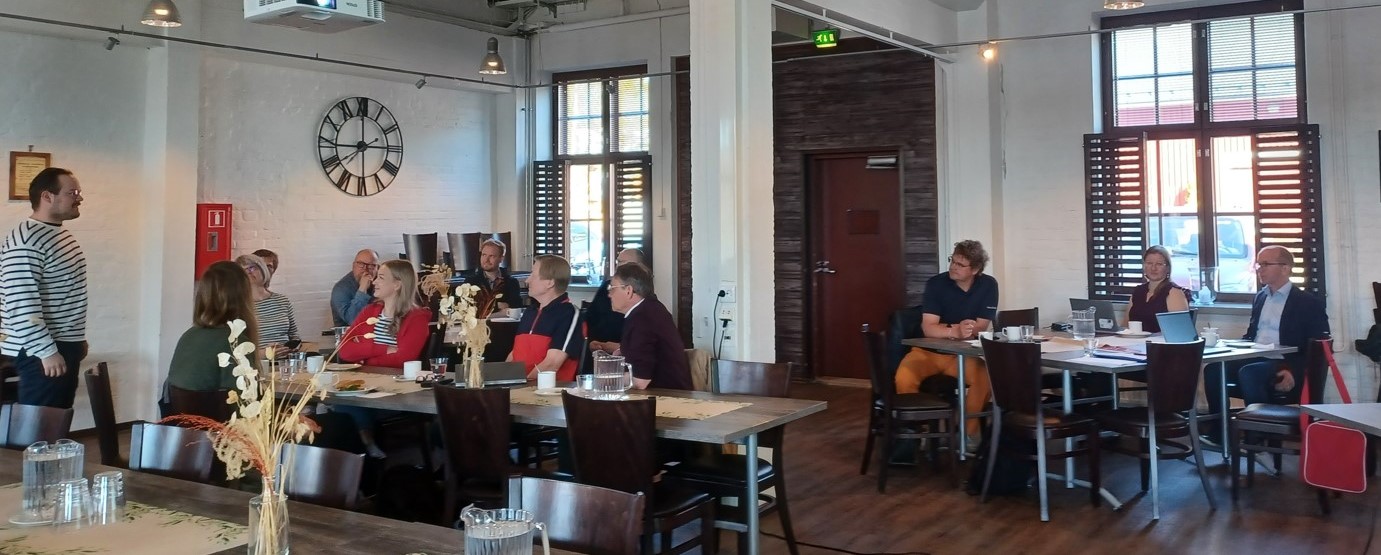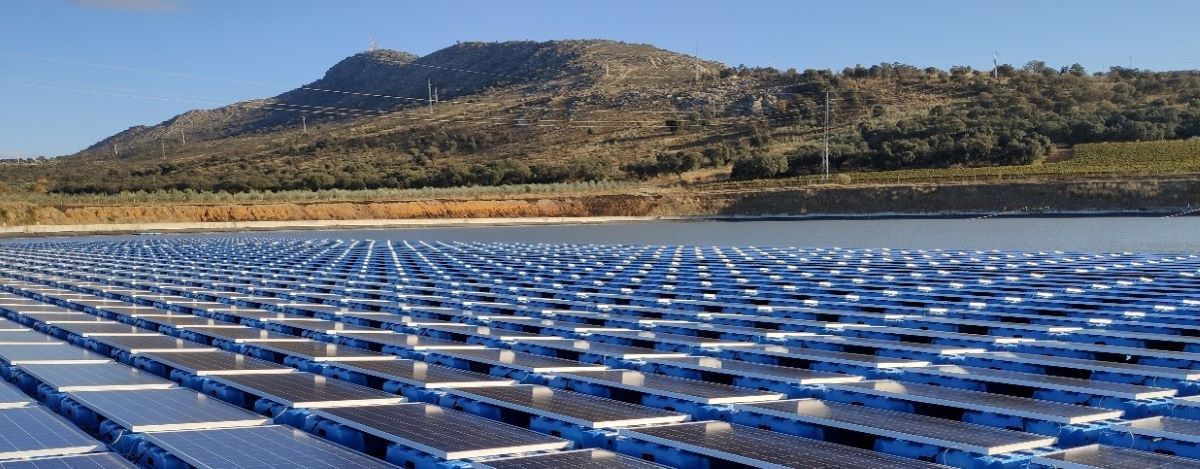 Devon County Council (DCC) is a local authority of one of the largest counties in the UK. It has a statutory responsibility for schools, social care, roads, libraries and trading standards. In 2004, DCC signed up to the Nottingham Declaration on Climate Change that requires councils to develop an action plan to tackle climate change hand-in-hand with local communities. One action plan is the authority’s Energy Policy which has a renewable energy objective of achieving 30% of energy to come from renewable sources for the corporate estate. The strategy also commits DCC to assist in the implementation of measures to reduce the region’s emission of greenhouse gases.
Devon County Council (DCC) is a local authority of one of the largest counties in the UK. It has a statutory responsibility for schools, social care, roads, libraries and trading standards. In 2004, DCC signed up to the Nottingham Declaration on Climate Change that requires councils to develop an action plan to tackle climate change hand-in-hand with local communities. One action plan is the authority’s Energy Policy which has a renewable energy objective of achieving 30% of energy to come from renewable sources for the corporate estate. The strategy also commits DCC to assist in the implementation of measures to reduce the region’s emission of greenhouse gases.
Currently the estimated total annual renewable energy generation for the Devon area is 1,632 GWh. This is equivalent to approximately 10% of current total energy demand, including electricity, heat and transport, being met by local renewable energy generation.
In March 2017, Devon had a total of 874 MW of installed renewable energy capacity, from 27,757 installations:
 Solar photovoltaic (PV) is the most abundant technology type, making up 60 per cent of the capacity installed in the region.
Solar photovoltaic (PV) is the most abundant technology type, making up 60 per cent of the capacity installed in the region. - The technology with the next highest capacity is onshore wind, accounting for 16.5 per cent.
- Biomass is the dominant renewable heat technology with the largest project being approximately 4MW.
In the Devon area, there are high-levels of renewable heat use in the farming sector and large-scale anaerobic digestion (AD) or ground-mount solar PV, compared to national averages. However, there is still more potential for AD particularly as the region has a lot of dairy farms and also the use of on-site renewables combined with energy storage. These two areas are the focus of DCC’s policy instruments.
By participating in AgroRES, DCC would like to understand the barriers to small-scale AD, on-site PV, and on-site PV combined with energy storage, determine feasibility and then develop demonstrator projects. Through this work DCC would hope to enable farms in the region to decrease their carbon emissions.


